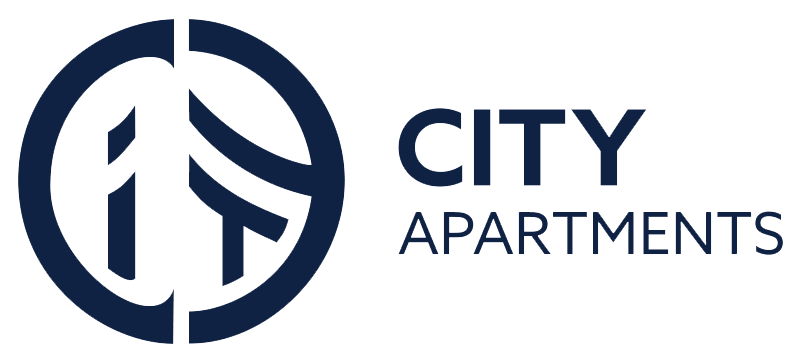When thinking about ESG and sustainability it is very easy to focus solely on what this means in terms of our impact on the planet. There is so much talk and focus on recycling and reusing, renewable energies and how it is essential that we restore our forests. What we hear less about is our impact on people, our colleagues and staff. People cannot be recycled or reused and unfortunately our energy is all too often non renewable.
We are told that trees are the planet’s greatest resource, not people. Of course, it is people that have been destroying the planet, but it is also people that will come to its rescue, the planet cannot save itself, it is for people to step up and become the heroes. Being broadly general, people have always commuted into work, congregated in offices and had a constant
social connection with colleagues. We’ve had water cooler moments, group coffee breaks, liquid lunches with clients and drinks after work. When Covid 19 came along it pressed Ctrl Alt Delete on how we work and interact with our place of work. Suddenly the kitchen table became the office, office gossip was replaced with telling the kids to get their shoes on for school for the hundredth time but at least we were still putting on a suit for video calls with clients, if only from the waist up. We were suddenly zooming everywhere but without leaving the house. We were in teams but as an individual.
What was a novelty while the nice weather lasted became a new normal with the old normal seemingly out of sight. A real test of the resilience of people. We now talk about Covid as something in the past, consigning it to history books, along with the NHS Covid App, but what is the legacy left on people and mental health in the workplace? Are we capable of saving the planet or in need of being saved ourselves?
The seismic shift that Covid brought about with remote working has enabled many to benefit from a more balanced life than seemed possible before. It has enabled many to benefit from reduced commuting costs and to cut our carbon footprints as the car has remained in the garage. The flip side is though it has also created a rise in feelings of isolation and loneliness. It is important to recognise the negative side of a positive and avoid becoming a Virtual Hermit; a person who for work rarely leaves their house or interacts in person.
For some, remote working is a choice, for some it has been decided by the company and for some it is an aspiration or a source of frustration that their role does not allow for it. Remote working affects those left behind too, those that now have empty desks for company, making coffee for one and lamenting those that we imagine watching Homes Under The Hammer from the sofa with the laptop perched somewhere close by. We have a situation where those that have been at home for three years jump at the chance to get back to the office while those that have never left the office are convincing superiors that their role can now be done
effectively from home.
Although Covid taught us that disruption of life always lurks in the shadows it seems safe to assume that there is no going back in the remote working revolution. We must all find a way to work together to ensure that everyone is looked after, that we check in on those working remotely, and that those in the office aren’t being overburdened. In the same way that we need to replenish our forests we need to not neglect our requirements to ensure our workforce, our human forests, are also thriving.
Today’s Takeaway; Now, Better, Best
Have a think about your company policy when it comes to remote working. Is it open to all? Is it there only for those that have extenuating circumstances or a privilege that only a few enjoy? If there is clearly an unfair policy when it comes to remote working it can cause resentment, be clear and consistent with your remote working policies.
There is no doubt that juggling family requirements with work commitments can be a great source of stress and that remote working can help alleviate some of this stress. It is good to understand the reasons behind why someone may request to work from home. Take time to understand what the requirements are and be flexible in your approach. A person who is free of worry will do a better job remotely than they will with anxiety building up inside them in the office.
Even if remote working is an accepted or full time part of a persons role it is important that we do not lose touch with them. Encourage them to attend networking events or have social events based in the office that can provide a place for them to come in and catch up with colleagues face to face. We may no longer know exactly where our workforce is at all times. But it is time to put our trust in our workforce. Trust in people and look after our people, as they are our greatest resource.














